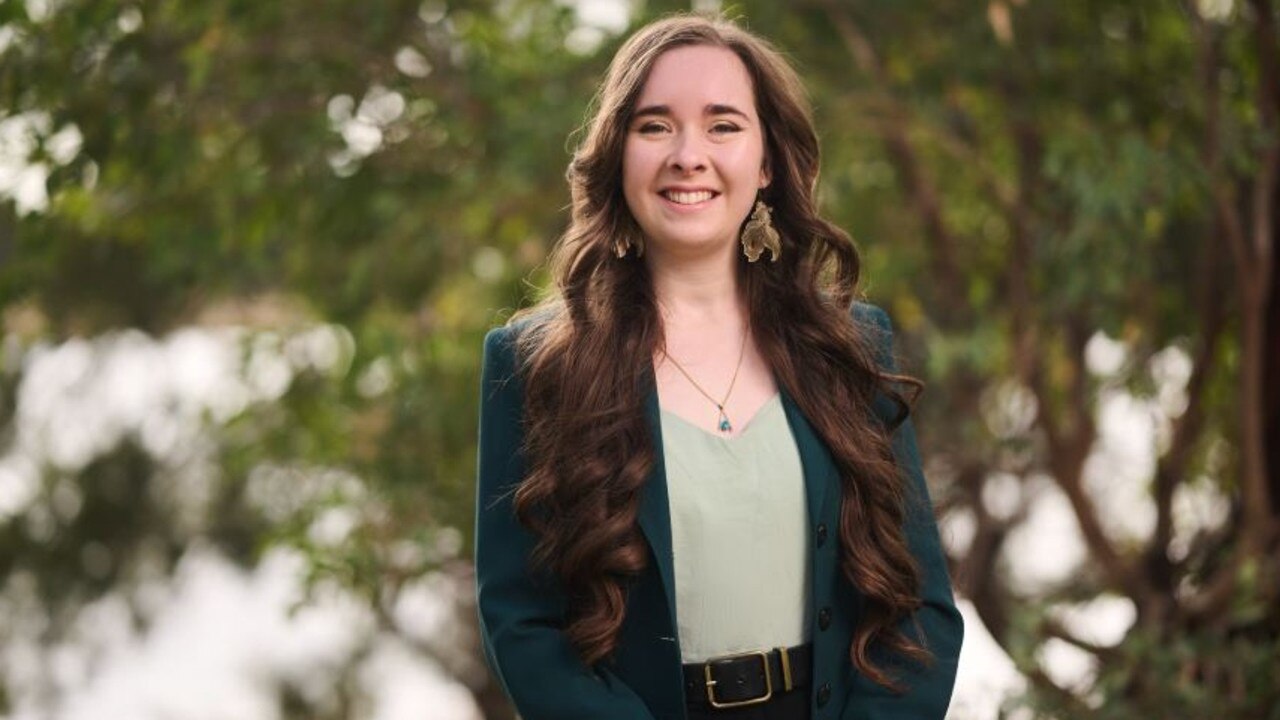ACT bans fossil fuel sponsorship in “vulnerable” schools
New polling has revealed the truth behind fossil fuel sponsorship of education programs, leading one government to introduce changes to the “modern-day tobacco industry”.

A sweeping new motion to ban fossil fuel sponsorship in public schools was passed in the ACT’s Legislative Assembly yesterday, backed by research from climate-conscious charity Comms Declare.

The motion was introduced by the Greens-affiliated Member for Brindabella Laura Nuttall on Tuesday morning, and called for students to have “the right to an education free from the advertising and the influence of corporations.”
“It should not be controversial at all to say that money from fossil fuels does not belong in schools and this motion is designed to do exactly that,” said Ms Nuttall while speaking in the chamber on Tuesday.

“Young Canberrans have only known a world with rising temperatures, serious and escalating climate-driven natural disasters, an inexorable loss of endangered species and biodiversity and the general malaise from being let down again and again by politicians who lack the ambition to tackle the climate crisis properly,” she said.

“These contributors have a massive vested interest in sanitising the harm they are doing.”
In a national survey, Comms Declare found 53 per cent of Australian parents felt school programs directly sponsored by fossil fuel companies would give “biased information” about Australia’s energy transition.
Comms Declare founder Belinda Noble believes fossil-fuel sponsored education programs are “designed to subtly improve the image of the products while downplaying their role in climate change”.
“In a way they are similar to the Commonwealth Bank’s old school banking program, Dollarmites” she said.

Dollarmites was a nationwide program run by CommBank which was investigated by the Australian Securities and Investments Commission (ASIC) over allegations of manipulation and unethical marketing practices.
ASIC found CommBank to be “unable to demonstrate that these programs in and of themselves improve savings behaviour” and that “little consideration (was) given to the participants’ abilities to filter marketing messages”.
Ms Noble highlighted children as being particularly susceptible to the type of messaging ASIC referred to in its findings.

“School students are a captive audience that are uniquely vulnerable to manipulation and marketing messages. Research suggests that corporate marketing in schools dramatically improves children’s recall of brand logos,” she said.
Research shows over 25 per cent of brand preferences formed during childhood extends into adulthood.
“The best proof that fossil fuel company sponsorship is successfully manipulating children is the fact that the corporations are continuing to pump money into them,” said Ms Noble.
“Vested corporate interests should have no role in shaping young minds for their own financial or reputational gain.”
Ms Noble believes the new legislation is a step in the right direction, but more work needs to be done.
“We hope other states and territories will follow the ACTs lead and stop the insidious marketing of fossil fuels in classrooms,” she said.
“Australia has a duty under the Paris Agreement to enhance climate change education.”





